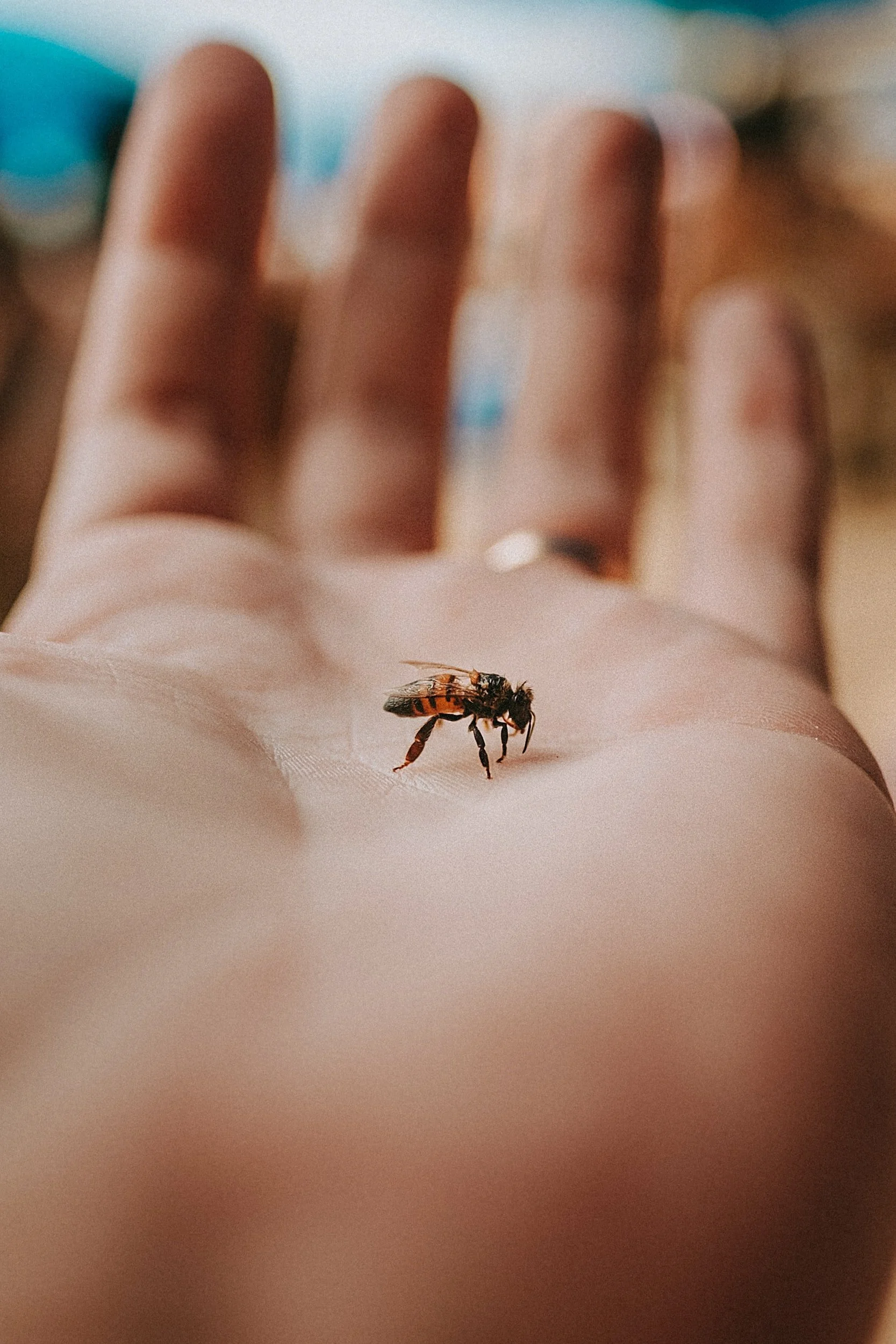The Reality of Bee Farming and Why isn’t Vegan.
Bees are essential to biodiversity, but unfortunately, they have been dying off at alarming rates due to climate change and pesticide use. To make matters worse, bees are also being industrialized for the purpose of extracting honey-which isn’t helping their cause. It is important to understand why we should avoid honey if we want to help protect these amazing creatures. In this blog post, let’s take a look at the reality of bee farming and why honey isn't vegan.
Facts about Bee Farming
Unfortunately, industrializing bees for the purpose of extracting honey does not come without consequences. It is estimated that beekeepers in the United States remove between one-third and two-thirds of all the honey produced by a single colony each year – meaning that there is less food available for the bees during winter months when other sources are scarce. This significantly affects their health and survival rate over time.
In addition, beekeepers also use various methods to control swarming behaviour (the natural process by which a bee colony divides itself into two colonies) – leading to more stress on the bees than what would occur naturally in nature. This can lead to weakened immune systems in the bees which can cause them to be more vulnerable to disease.
Furthermore, it has been reported that commercial beekeepers often inject their hives with antibiotics in order to ward off diseases – which can be harmful to both humans and bees alike if consumed too frequently or improperly stored. As if this wasn’t bad enough, some beekeepers also use pesticides on their hives as well as feed them high fructose corn syrup or sugar instead of natural nectar from flowers – which can potentially lead to malnutrition or even death in some cases.
Preserving the Pollinators
It is clear that industrializing bees for the purpose of extracting honey come with many ethical concerns as well as environmental ones. Therefore, it is important that we do our part by avoiding honey if we want to help protect these amazing creatures while at the same time preserving biodiversity around us! By doing so, we can ensure that our pollinators remain healthy and able to continue providing us with their invaluable services such as producing food crops and helping maintain ecosystems around us! Thanks for reading!



